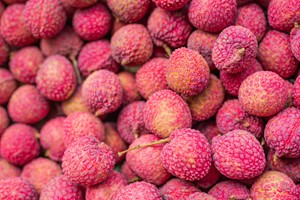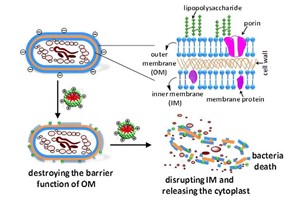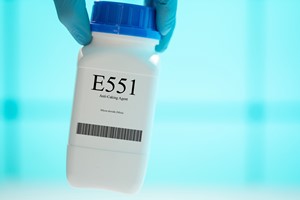Lychees, hailed for their succulent sweetness and distinctive flavor, have long captivated palates worldwide. However, their delicate nature renders them highly susceptible to rapid deterioration and fungal infestations post-harvest, posing formidable challenges for growers and distributors alike. In a bid to mitigate these concerns and unlock the full potential of this prized fruit, cutting-edge preservation techniques have emerged as a beacon of hope for the lychee industry.
Central to this paradigm shift is the pioneering work of researchers and industry experts, exemplified by Mr. Wang Lin's recent study published in the prestigious Journal of Food Protection (JFP). Titled "Interaction of Gaseous Chlorine Dioxide and Mild Heat on the Inactivation of Salmonella on Almonds," the research sheds light on the transformative potential of gaseous chlorine dioxide in safeguarding lychees against microbial threats while extending their shelf life.
Lychees, being a cornerstone of China's agricultural landscape as the world's largest producer, have witnessed a surge in demand both domestically and internationally. However, the fleeting window of freshness, exacerbated by the fruit's rapid water loss and susceptibility to discoloration, has posed formidable challenges for marketability and profitability.
Enterprises like Shandong Aoweite Biotechnology Co., Ltd. have spearheaded efforts to address these pressing concerns through the development of specialized chlorine dioxide preservatives tailored specifically for lychees. These innovative solutions have been met with resounding success, with large-scale experiments within the Chinese lychee market showcasing remarkable efficacy in preserving fruit quality and reducing post-harvest losses.
The chlorine dioxide preservative, meticulously formulated to meet the unique requirements of lychees, offers a holistic approach to preservation. By effectively inhibiting fungal growth and microbial contamination, it not only prolongs the fruit's shelf life but also preserves its natural taste, texture, and nutritional integrity. Unlike conventional fungicides, which may leave harmful residues or necessitate extensive washing procedures, this novel preservation technique represents a paradigm shift towards sustainable and consumer-friendly solutions.
Market adoption of chlorine dioxide lychee preservatives has been swift and widespread, with farmers embracing the technology as a means to enhance product quality and market competitiveness. With a significant reduction in resource wastage and an unparalleled level of fruit preservation, the industry has witnessed a remarkable transformation, bolstering confidence among stakeholders and consumers alike.
As global demand for premium-quality agricultural products continues to soar, the innovative preservation techniques pioneered in the lychee industry hold immense promise for addressing broader challenges in food security and sustainability. With ongoing research and collaboration, coupled with a commitment to excellence and consumer satisfaction, the journey towards a more resilient and vibrant lychee industry heralds a new era of opportunity and prosperity for growers, distributors, and enthusiasts worldwide.














